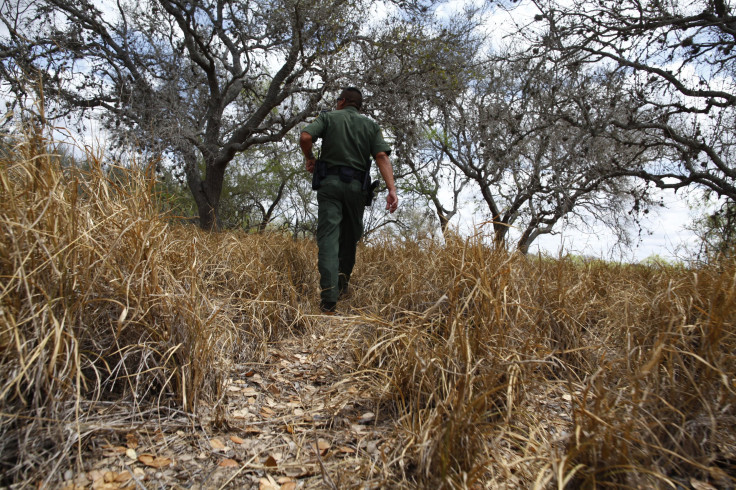Border Crisis: Influx Of Central American Migrants May Be Hurting Border Security As Drug Seizures Fall

An increase in Central American migrants crossing the U.S.-Mexican border is having a detrimental effect on border guards’ ability to apprehend drug smugglers at the border.
According to a Washington Post report, drug smugglers take advantage of the distraction large groups of migrants crossing to border causes for the Border Patrol. Large groups of migrants cross the Rio Grande and turn themselves in, hoping for legal leniency and the chance to stay in the U.S. When the Border Patrol expends resources to deal with the large groups, smugglers sneak through the gaps in border coverage, according to Border Patrol union representative Chris Cabrera.
Representatives from Customs and Border Protection and the DEA say the two don’t necessarily correlate. Customs and Border Protection say the Border Patrol has ramped up its anti-drug operations and the DEA says the Rio Grande isn’t a major hot spot for intercepting drugs, but seizures of marijuana, cocaine, heroin and methamphetamine fell by 34 percent during the first half of 2014 from the same period in 2013.
The influx of Central American migrants, particularly single women and unaccompanied children, has increased dramatically in recent months. Approximately 52,000 Central American children have been detained at the border since last October, according to the Los Angeles Times. According to a press release from Texas Attorney General Greg Abbott, there’s been a “92 percent spike in minors being apprehended at the border,” and that it so overwhelms Border Patrol agents that they “are not available to secure the border and successfully stop criminal activity.”
In all, Immigration and Customs Enforcement (ICE) removed more than 104,000 undocumented persons from Guatemala, Honduras and El Salvador from October of last year to mid-June.
On Friday the White House announced the federal government would send more resources, open more “family detention centers” and move judges to south Texas to handle the legal matters. The government will also provide $93 million in economic, security and social preventative assistance to Guatemala, El Salvador and Honduras. Vice President Joe Biden flew to Guatemala to discuss the crisis with President Otto Perez Molina, who asked him to set up temporary work programs and protected status for Guatemalan migrants fleeing violence and gang activity in Guatemala.
© Copyright IBTimes 2024. All rights reserved.












